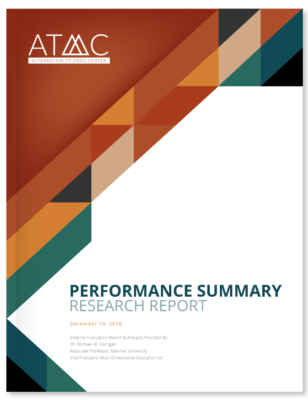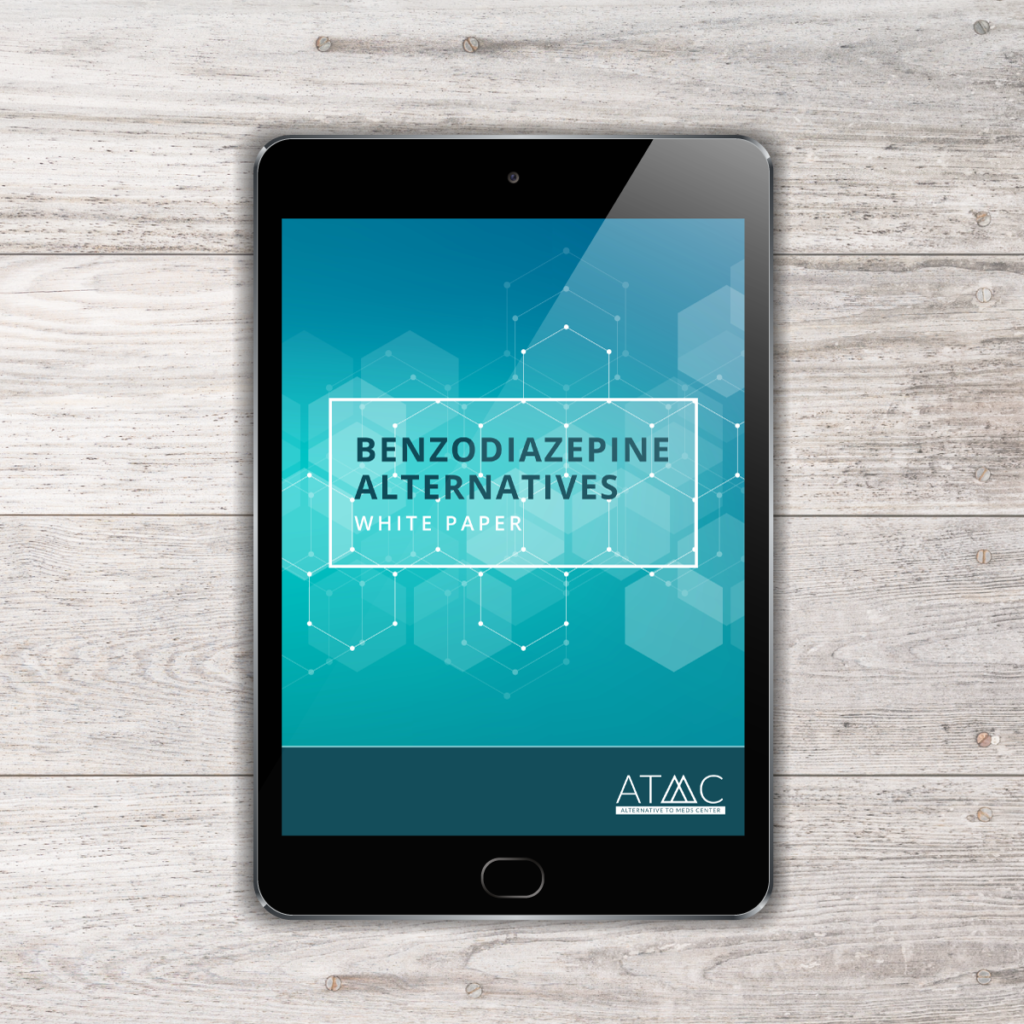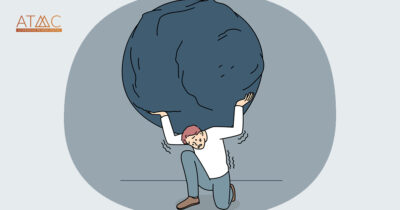This book is a brief overview of 17+ years worth of experience accumulated from cases we helped at the Alternative to Meds Center. It is based upon residential observation (which is far more informative than outpatient care). Every case is different, so while this is not a “how-to” or rule book, this information can give you a tour of various methods and methodologies we have used with confidence, and that contributed to our 87.5% documented success rate. Topics covered include various tapering and cross-over techniques, as well as the role of excitotoxic poisoning in protracted withdrawal. Protracted withdrawal is unnecessary but is more common than it needs to be, simply due to the lack of guidance and preparation given to physicians while in med school.
Traditional medical practice has found some success in using medications, primarily, for patients who suffer from stress-related mental health conditions. But the improvements that patients experience may be temporary due to tolerance, and at times accompanied by intolerable drug side effects.
Alternative to Meds Center knows there is a healthier way to treat people. Prescription medications may help alleviate certain symptoms of anxiety, PTSD, insomnia, and other disorders but their effectiveness requires a gradual increase in dosage and frequency of use over time. This can be the double-edged sword of habitual medication use. In this mainstream method of treatment, it is highly likely that drug dependency arises. There are also harmful side effects of benzodiazepine withdrawal that present between doses, or when attempting to titrate or eliminate use. Through more than a decade and a half of internal research and case studies, we have found more effective and less invasive ways to remove benzodiazepine dependency in our patients and achieve resolution of their original symptoms.
Serious Benzodiazepine Withdrawal Symptoms
While some persons can discontinue benzodiazepines fairly easily, others experience some harsh and difficult reactions.
Serious benzodiazepine withdrawals can include:
- Akathisia*
- Suicidality
- Delirium, psychosis
- Rebound anxiety (can be severe)
- Seizures
*The Akathisia Alliance states that Akathisia is a very common symptom of benzodiazepine withdrawal, yet many clinicians are unaware of the phenomenon.
Common Benzodiazepine Withdrawal Symptoms
The below list is not a complete list, but these have been reported with significant frequency in the medical literature.
Common benzodiazepine withdrawal symptoms can include:
- Panic attacks
- Sleep disturbances
- Rebound insomnia
- Anxiety
- Increased tension
- Hand tremors
- Heart palpitations
- Nausea, dry-retching
- Irritability
- Muscular pain and stiffness
- Perceptual changes
- Sweating
- Difficulty concentrating
- Weight loss
- Headache
Learn what we’ve discovered and how you can put benzo use behind you.
Subscribe to Download the Free Book Now! View the White Paper













